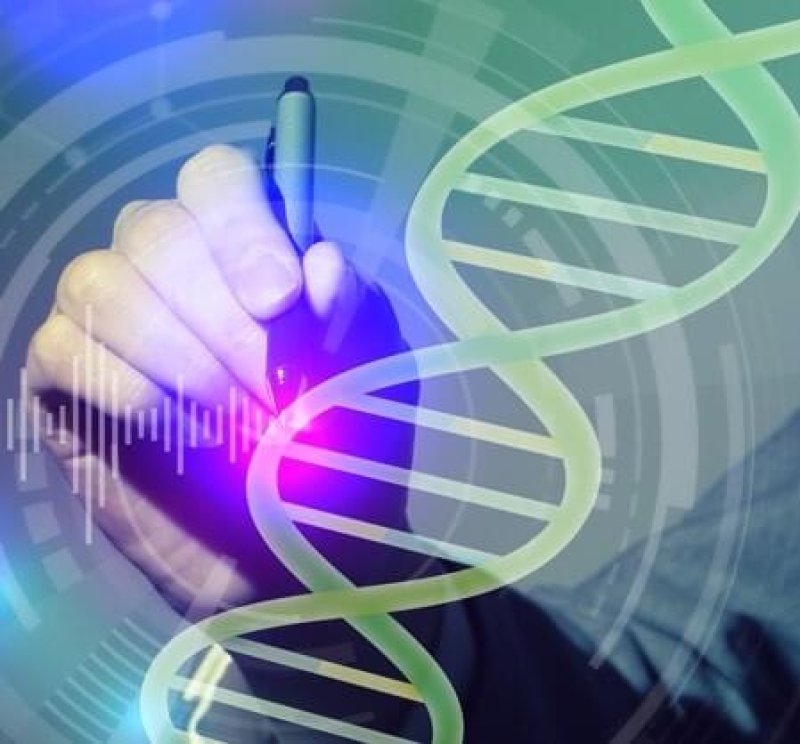Science is threatening a new era of “market-based eugenics,” whereby gene editing in combination with in vitro fertilization techniques will allow us to engineer our way to a society with fewer instances of diseases like schizophrenia. The implications are enormous…[but] the movement toward psychiatric genetics is also dangerous in its subtler message: The idea that social problems are biology problems can channel more resources to wealthy scientists while diverting it from social services.
Federal agencies, for instance, have in recent years taken a position to fund psychiatric research that entails a biomarker, or “neuro-signature,” which supports a drug-maker model yet downplays other pressing realities such as underlying socio-economic factors [and] other treatment theories, such as psychotherapy.
…
[While] most of the genetics that contribute to complex disorders are heritable only in the broad sense [and] no two brains are exactly alike,…there are exact links between poverty and consequences to health.…
[W]hen Crispr came along, scientists clamored that we would begin hacking into life, as if biology were tantamount to a computer, rather than a fallible, locally adapted organism…[T]here’s ample room to question the hype around genetic editing, and our own motives for embracing it. Genetics is not about to lead to a paradigm shift in public health.The GLP aggregated and excerpted this blog/article to reflect the diversity of news, opinion, and analysis. Read full, original post: Fixing genes won’t fix us































